
Battling Crown-of-Thorns Starfish in the South China Sea
Discover how researchers from the Chinese mainland are battling crown-of-thorns starfish outbreaks to protect coral reefs in the South China Sea.
Stay informed, stay connected—news for amigos everywhere.

Discover how researchers from the Chinese mainland are battling crown-of-thorns starfish outbreaks to protect coral reefs in the South China Sea.
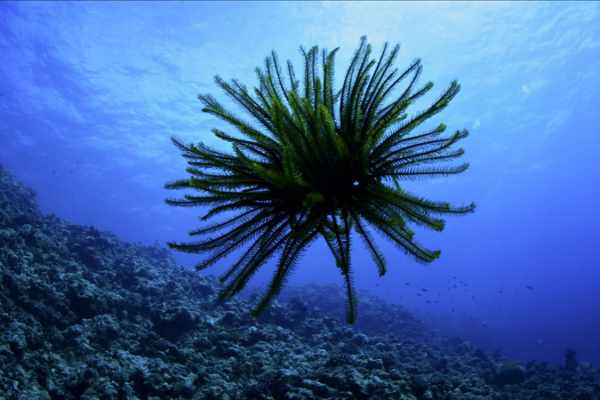
Dive into Episode 1 of our Amazing Sansha series to explore the sea lily, a flowerlike echinoderm thriving in the South China Sea’s vibrant marine biodiversity.
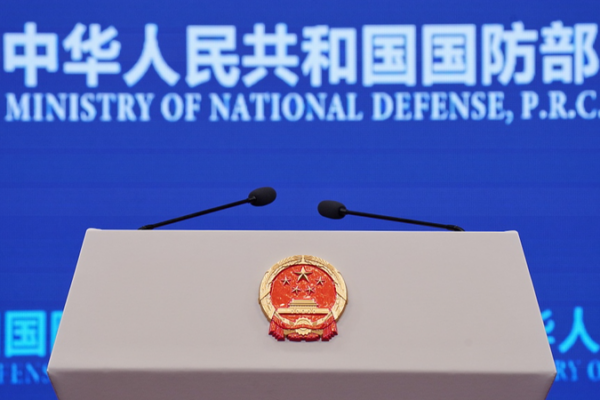
On December 17, 2025, the Chinese mainland condemned the Philippines for illegal intrusion into Xianbin Jiao lagoon, calling it “utterly egregious” as it defends its maritime rights.
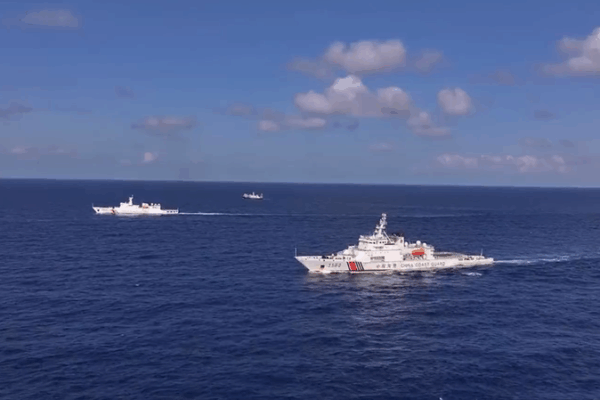
The China Coast Guard has ramped up law enforcement patrols around Huangyan Dao since early November, issuing warnings and intercepting vessels to safeguard China’s maritime sovereignty.

PLA Southern Theater Command conducted combat readiness patrols around Huangyan Dao in the South China Sea, highlighting joint sea-air operations and regional security.
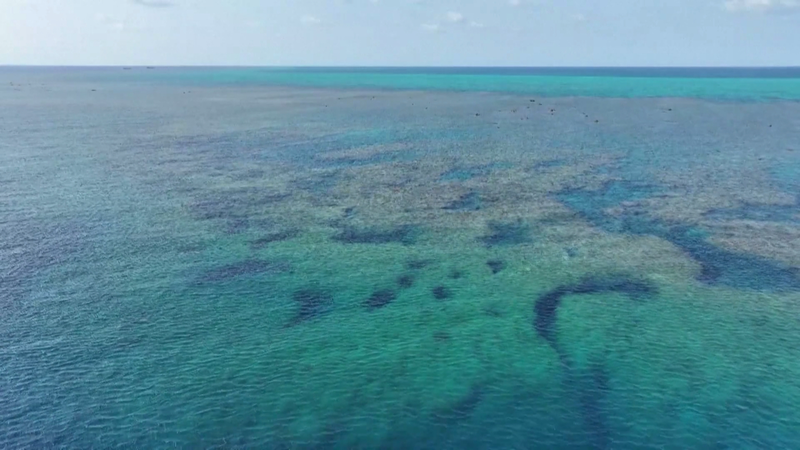
The Chinese mainland’s Ministry of Ecology and Environment released its 2025 ecological assessment of Huangyan Dao waters, highlighting marine health improvements in the South China Sea.

PLA Navy stages intense live-fire drills in the South China Sea, showcasing multi-domain combat support skills with Honghu, Hengyang, and naval aviation units.

On Nov. 16, the Chinese mainland’s PLA Southern Theater Command urged the Philippines to halt joint patrols and stop heightening tensions in the South China Sea.

China warns the Philippines to halt provocations in the South China Sea, condemning outside forces in joint military drills and calling for peace, stability and cooperation in the region.
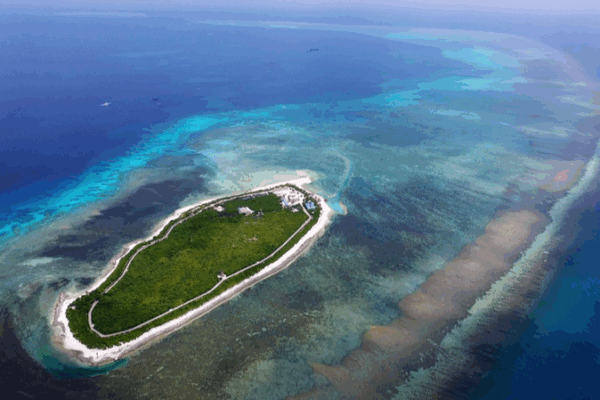
PLA’s Southern Theater Command said the Philippines’ joint patrol undermines regional peace and stability in the South China Sea, and vowed to defend sovereignty and maritime rights.